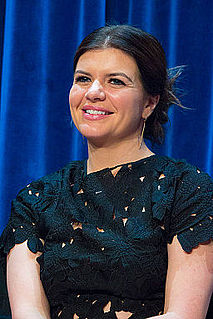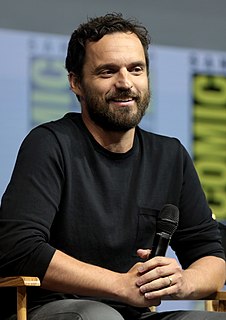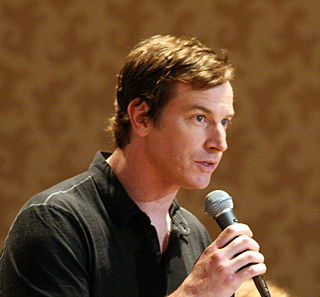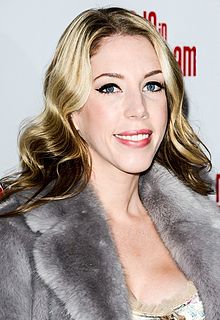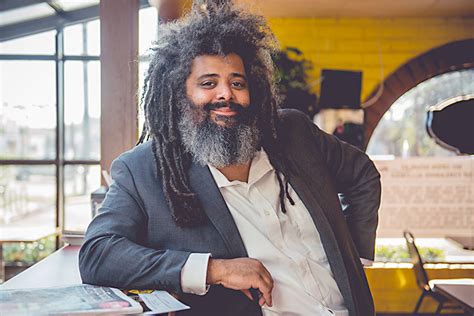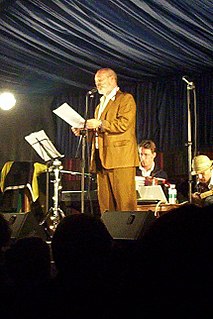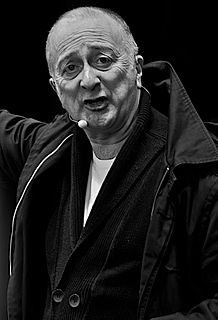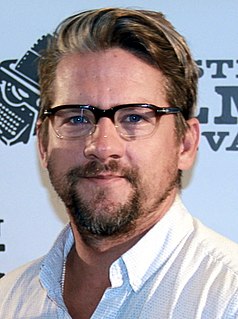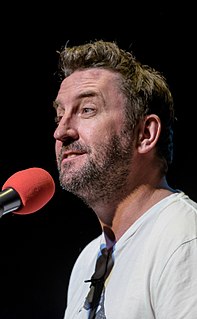A Quote by Casey Wilson
The alternative comedy scene is actually pretty small, I guess.
Related Quotes
Punk changed everything. It blew away all the dull, pompous stuff that happened before, like glam rock. Kids were getting involved in causes like Rock Against Racism and they needed music that reflected that. Something similar was happening in comedy too, with the Comedy Store and the alternative scene that I got involved in.
That was sheer luck that it [being immersed into folk scene] happened when my voice began to develop. I don't know exactly what would have happened if I hadn't been alive and well and really lively in the Cambridge scene. But (the folk scene) was, and I fell into it absolutely naturally in the little coffee shops, and pretty soon it was Newport and then it was an overwhelming response internationally, actually.
